Key Takeaways:
- SaaS solutions in manufacturing offer flexibility, scalability, and cost-effectiveness.
- Cloud-based tools enable real-time data access and automatic updates.
- SaaS platforms support digital transformation and streamline manufacturing processes.
The days of on-premise everything are gone, and many people in the manufacturing world are glad to bid them adieu. Today, Software-as-a-Service (SaaS) dominates the manufacturing technology landscape, and for good reason. SaaS offers a host of benefits to manufacturers who fully utilize its capabilities while freeing up in-house resources for other tasks.
In today’s market where customer expectations surrounding both product and delivery are becoming increasingly complex, SaaS is one way manufacturers can stay ahead of the curve and stay competitive. Here are just a few of the advantages of SaaS for manufacturers:
-
Lower Overhead And Risk
In-house software and computing equipment can become deceptively resource-intensive. Not only does it cost a lot to buy and maintain the physical hardware, but it is also costly to maintain payroll for additional IT staff to create needed software, manage security, fix hardware problems, and generally keep things running smoothly.
Equipment will have to be upgraded regularly, just as staff will need regular training to stay up to date. Even at the point of upgrade, many manufacturers find it cost-prohibitive to purchase the caliber of machines they would ideally like to utilize.
Security is perhaps one of the most pressing concerns for manufacturers who opt to seek out SaaS solutions. Especially with the growing pervasiveness of industrial IoT devices and smart factories, data security is critical to manufacturers. With in-house equipment, this is a constant task. The repercussions of a major leak, such as one containing customer data, has the ability to mar a company’s reputation for years to come. Extremely poor data mishandling can even lead to payment processors refusing to do business with the company.
Similarly, downtime can be problematic for manufacturers. Without 24/7 dedicated IT staff, downtime can always lead to lost productivity and funds. When managing equipment in-house, the full onus of fixing any issues that arise lies with the company’s employees.
-
Increased Speed And Agility
SaaS offers an opportunity for manufacturers and machine builders to experiment with different technologies when and how they suit their current needs. Without having to buy equipment and hire staff, manufacturers are able to choose the services they need on a case-by-case basis, reducing costs as well as time to take action as compared with in-house developed software.
This means manufacturers can capitalize on openings in the market as the driving events unfold in real-time—not months later.
In most cases, the speed of use is also faster than what would be created on-site. Because SaaS companies see increasing returns on the time and effort they put into their products, they can afford better equipment and services, boosting speed and efficiency over developing software from scratch. Manufacturers, however, would see diminishing returns on upgrading equipment and software frequently.
-
Augmented Reliability
Most modern SaaS platforms offer an uptime SLA guarantee so manufacturers can rest assured that they will be able to access and use the services they need when and where they need them. SaaS providers survive in the market by creating reliable, efficient, effective software that is accessible and intuitive. Because reliability is one of their KPIs and their testing base (e.g. other clients) is much broader than any software that would be developed in-house, SaaS providers can offer a more reliable service that is constantly improving.
-
Boosted Access To High-Powered Resources
A SaaS company can afford and justify high-powered computing equipment and security packages because their business model supports that type of infrastructure, whereas the ultra-modern in these realms usually doesn’t fit into a manufacturer’s budget. Even if the resources are technically available, it's usually money and time that could be put to far better use elsewhere.
With SaaS, manufacturers get the best of both worlds—access to extreme speeds and high-powered computing equipment at a fair price and with reduced risks. Furthermore, this allows them to direct resources to what they do best: manufacture products.
-
Accessibility In A Remote World
SaaS opens up a world of work possibilities that keep teams in-the-loop and connected even when they are away from the facility. Especially in times like these as remote work has become the norm in the midst of the global Covid-19 pandemic, the ability to access necessary data remotely is not only beneficial but often critical to operations.
That is not to say that in-house software can’t be accessed remotely—it can. That loops us back to the first point, however, and the importance of data security. Once you open access to your servers or products to the outside world, security risks skyrocket without proper procedures in place.
SaaS providers, ideally, offer remote access to information and functionality with a greatly reduced risk to data security.
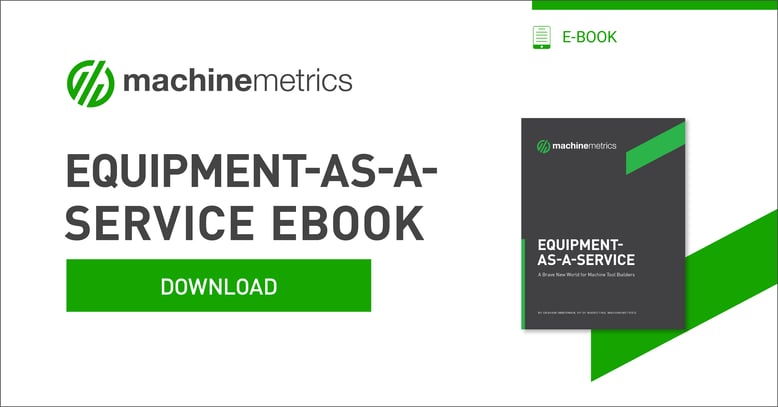
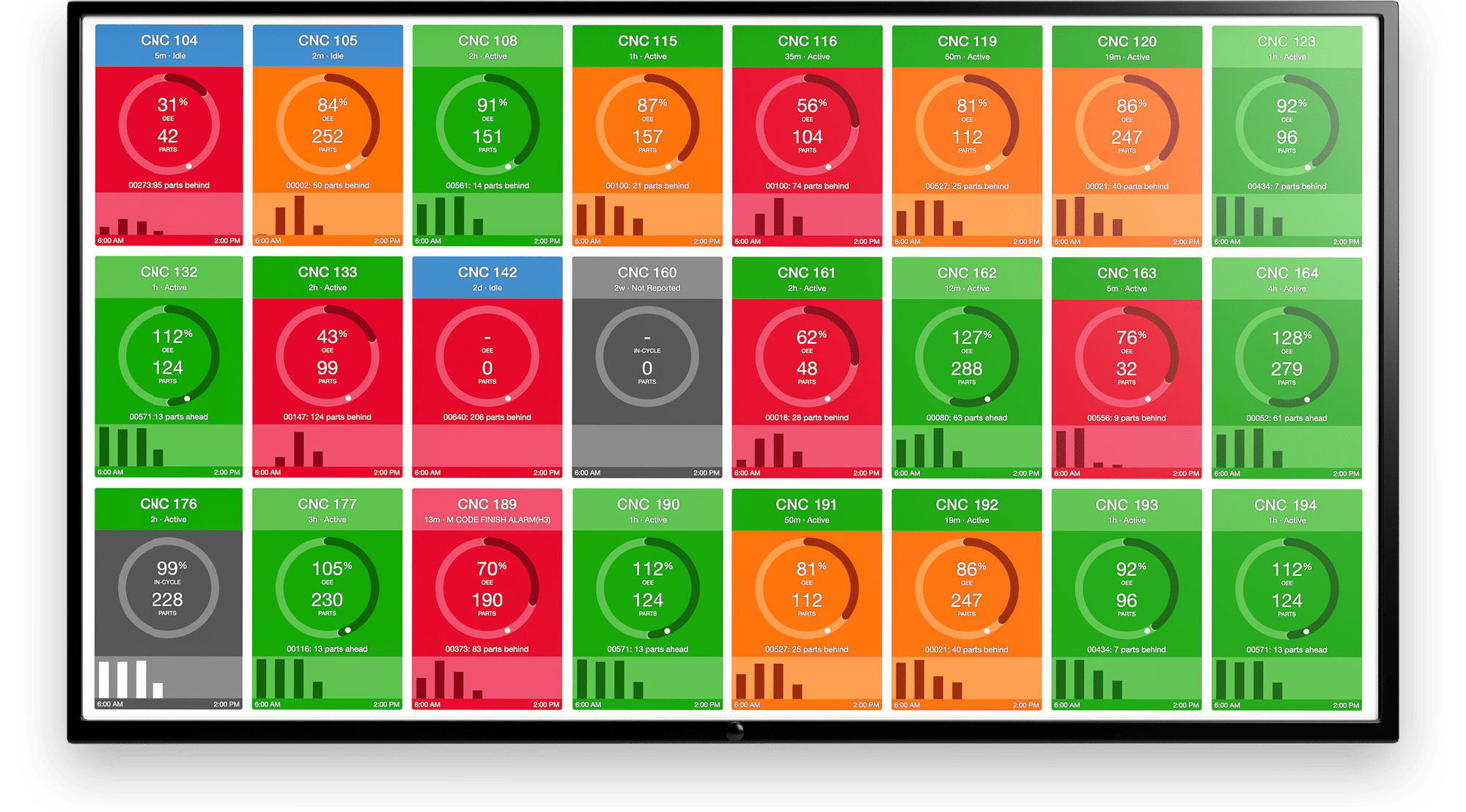
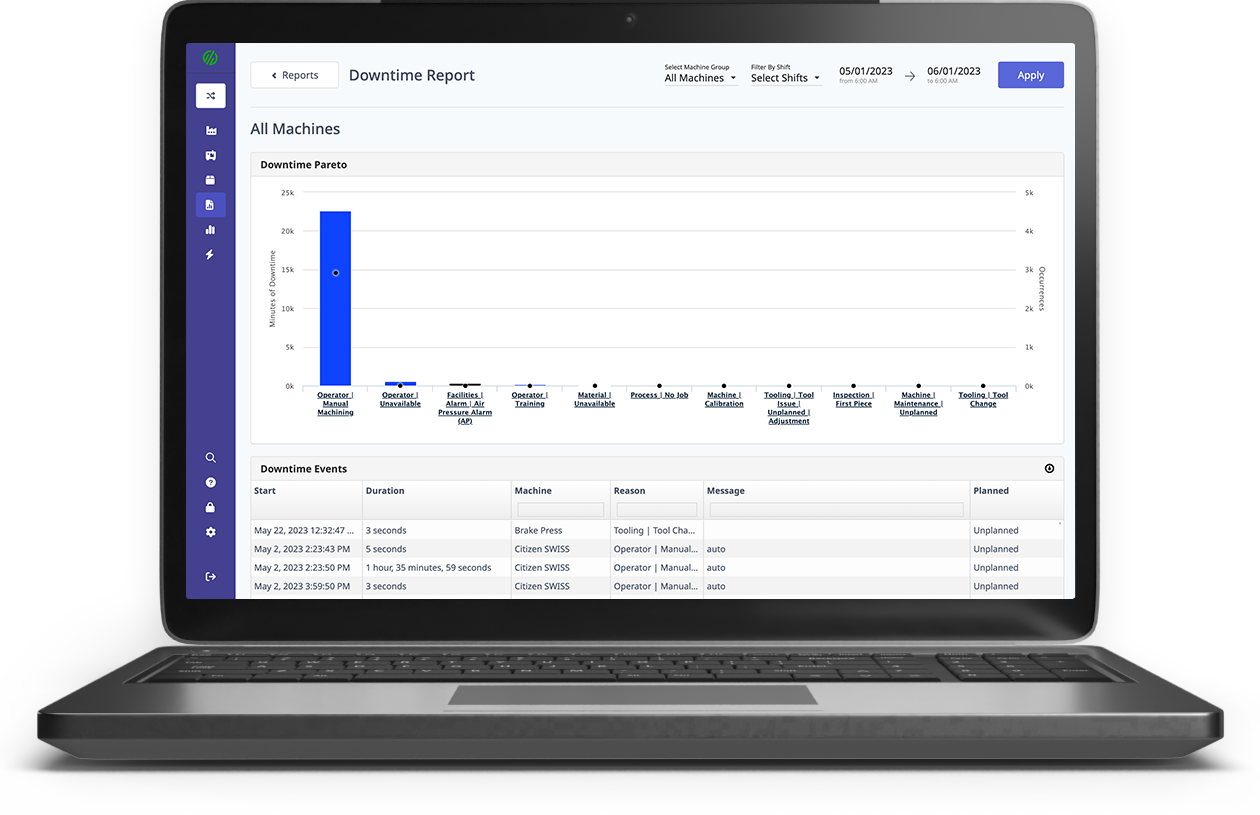
.png?width=1960&height=1300&name=01_comp_Downtime-%26-Quality_laptop%20(1).png)


.gif)
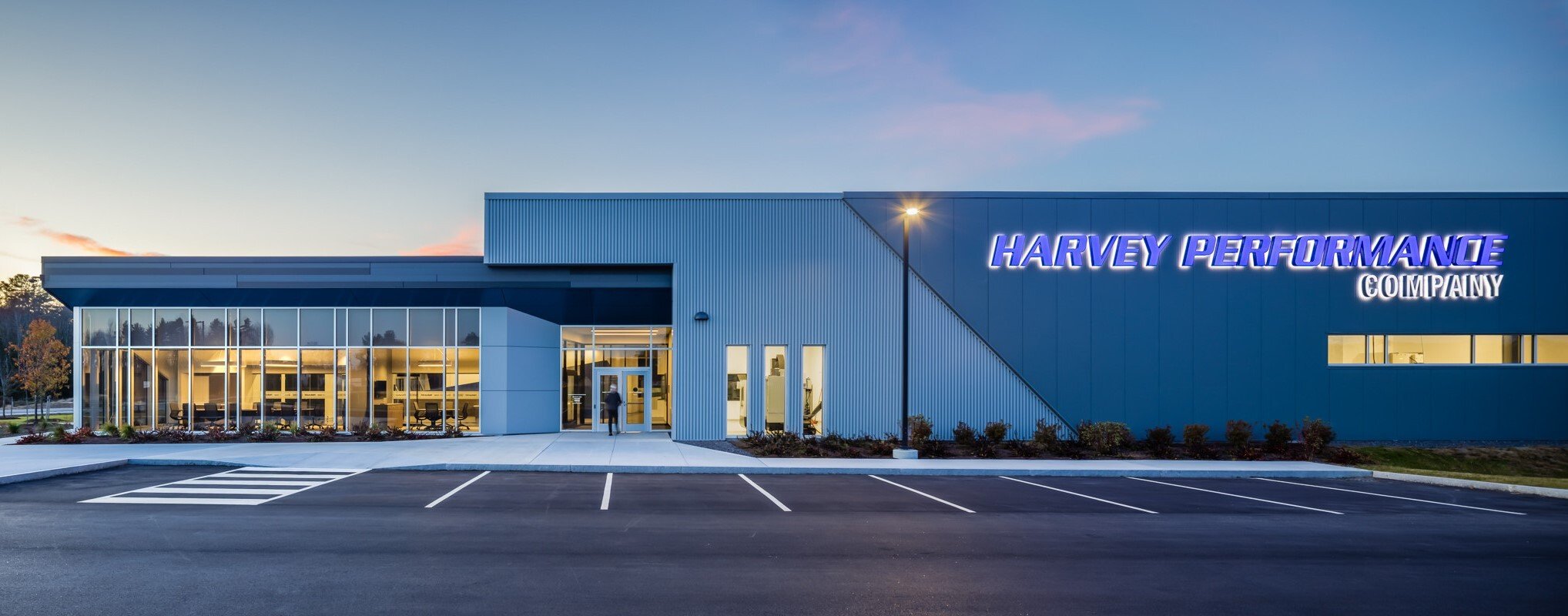
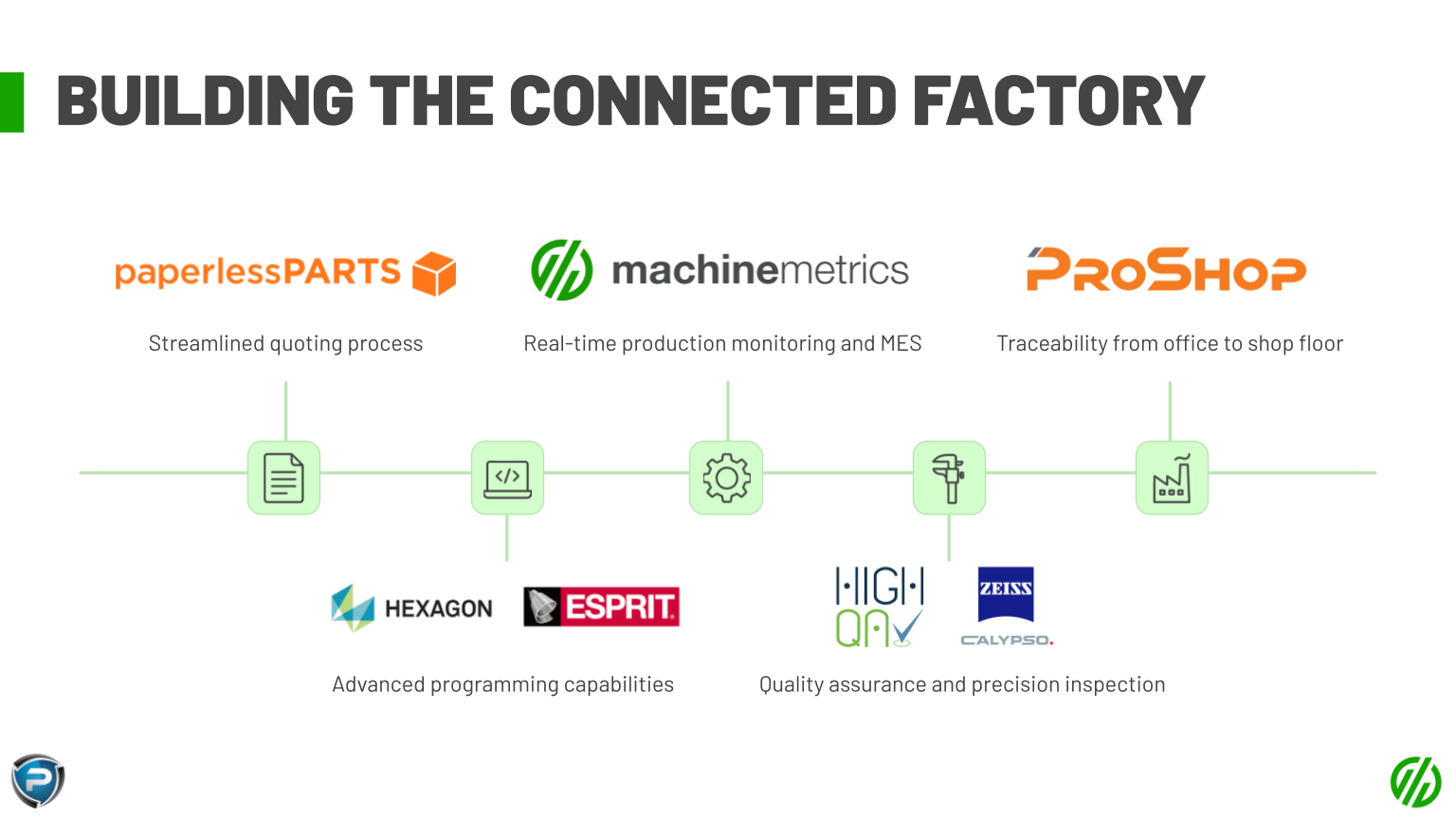
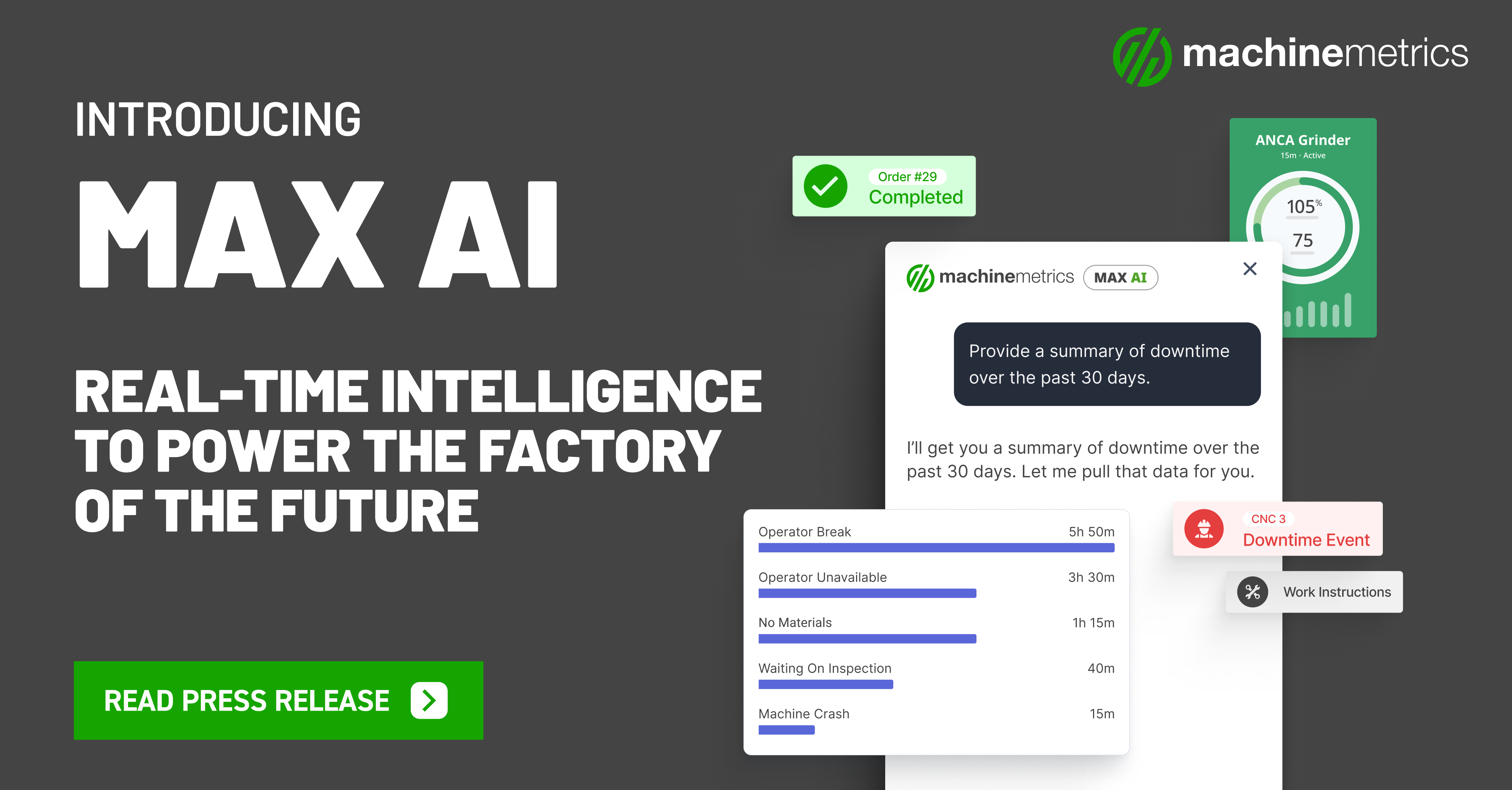
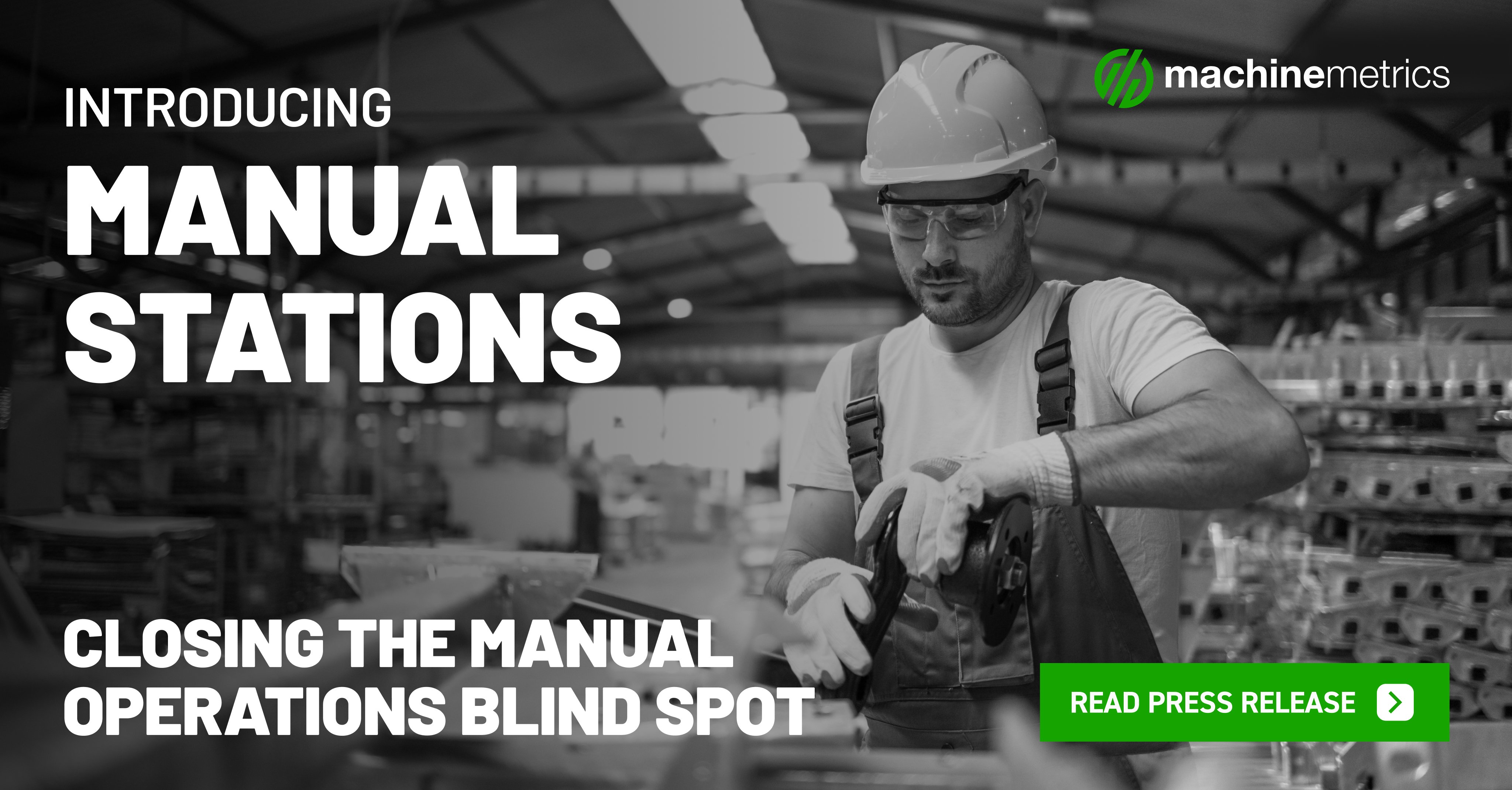
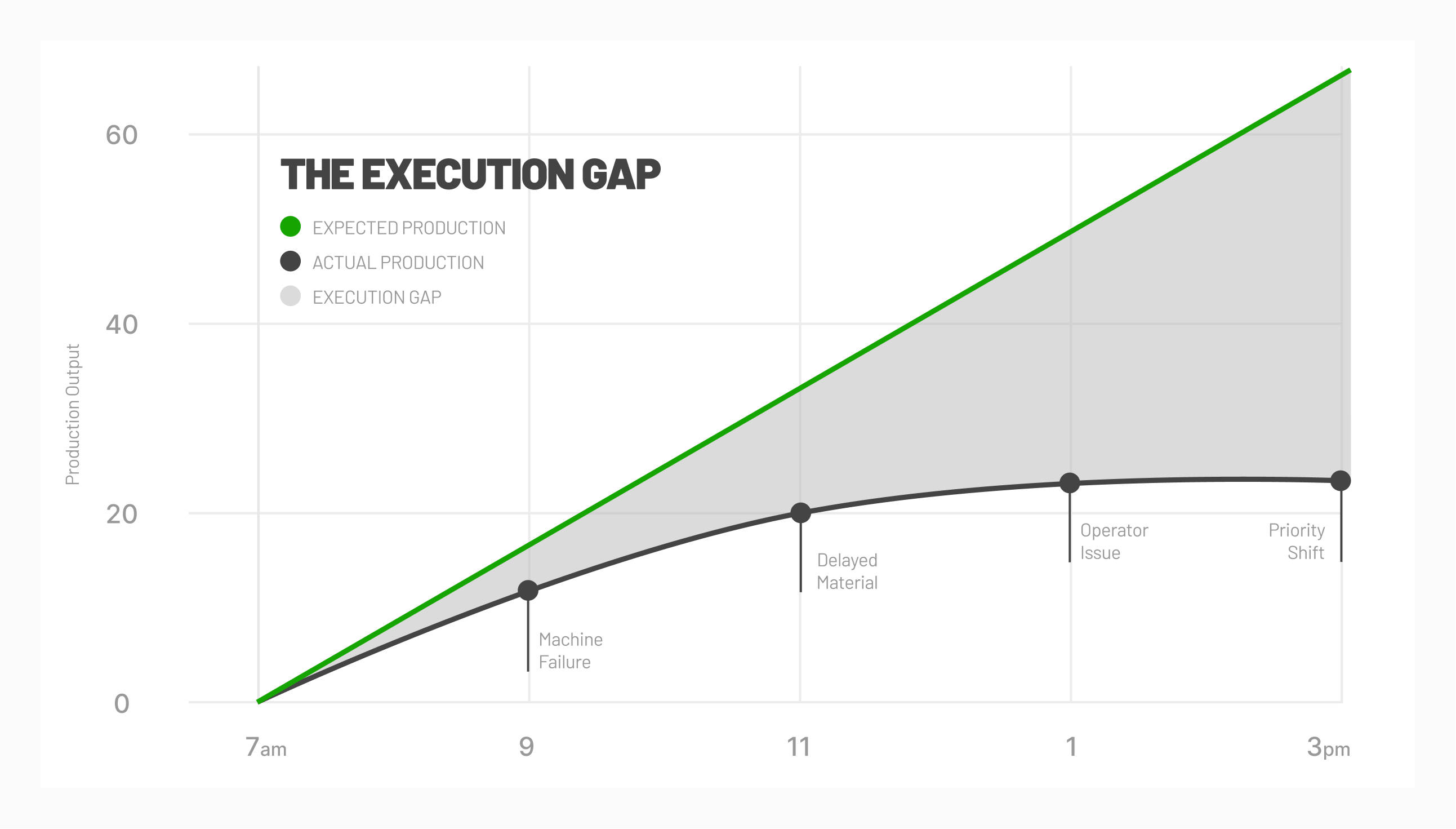



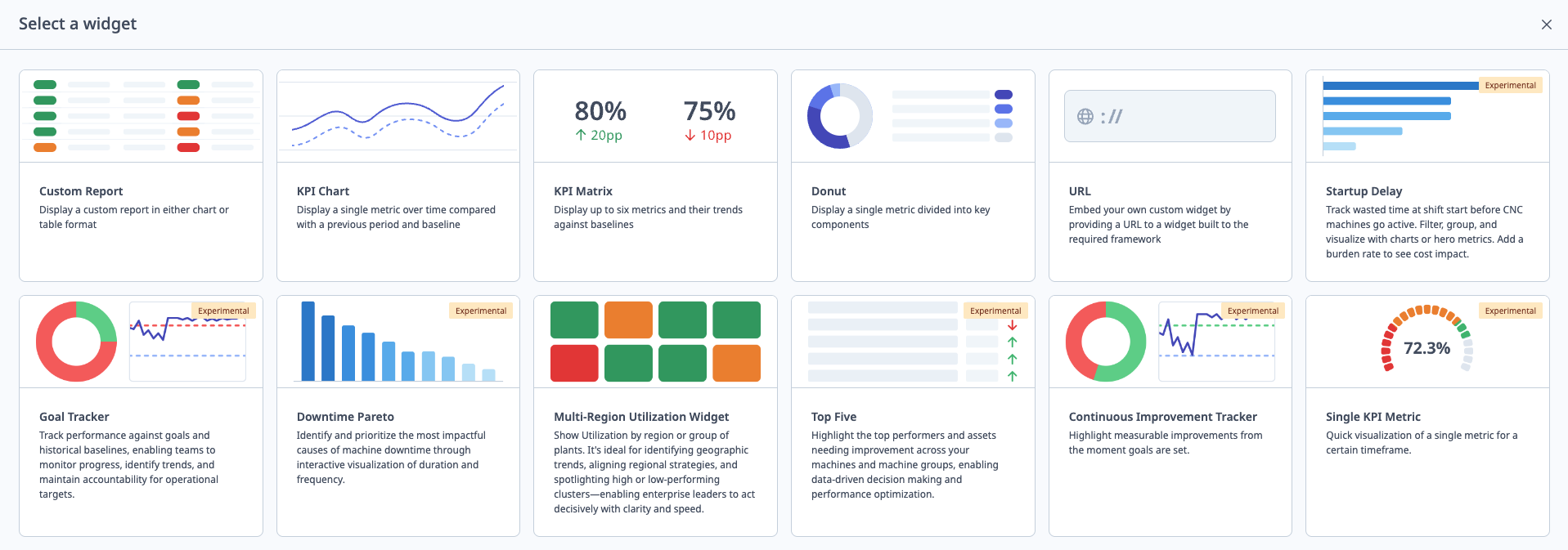
Comments